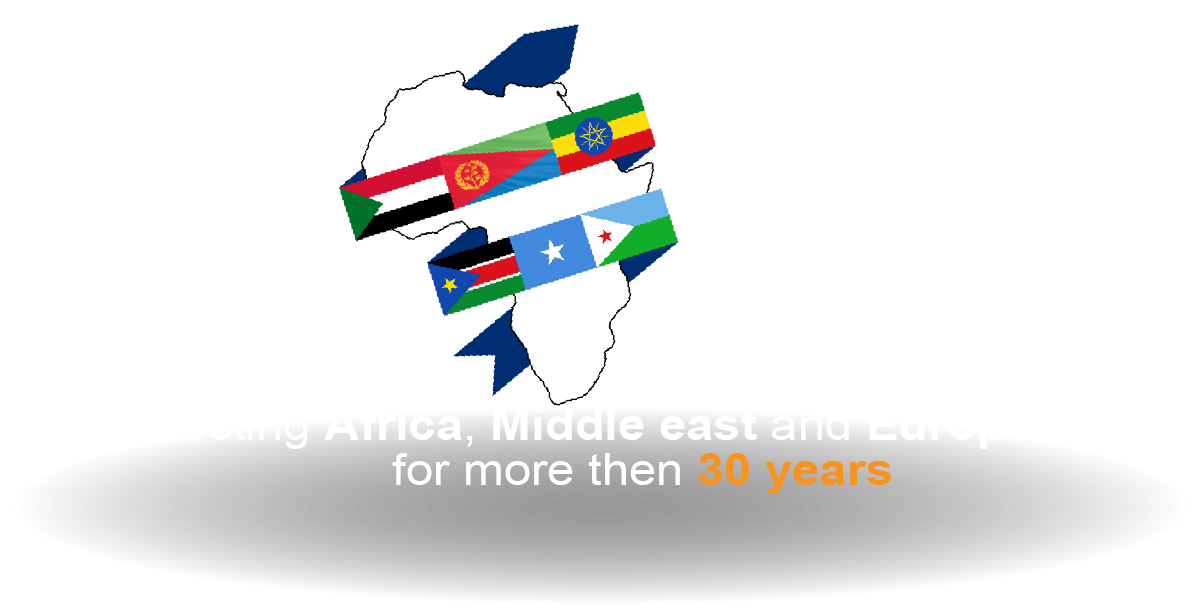
Abdulkadir Hamdan | HoA TV
In South Africa this morning, the Secretary-General participated in the BRICS-Africa Outreach and BRICS Plus Dialogue sessions.
In his remarks, he delivered a simple message – in a fracturing world overwhelmed by crises there is no alternative to cooperation.
Noting the current global climate and increasing move towards a multi-polar world, he warned that we must have strong and effective multilateral institutions. This means strengthened and reformed institutions based on the UN Charter and international law. This is especially true given that the current structures are based on yesterday’s world. Mr. Guterres said that this is especially true, of the UN Security Council and the Bretton Woods institutions, when so many peoples around the world were still under the yolk of colonialism and not at the table where the decisions were made.
In the absence of such reforms, the Secretary-General warned, fragmentation is inevitable, and the world cannot afford to have a divided global economy with diverging strategies on critical issues such as artificial intelligence, and conflicting security frameworks.
And in a press briefing he reiterated this message and said that he remains concerned about this risk of a fracturing of the global world order and said we need to urgently restore trust and reinvigorate multilateralism.
And the Secretary-General also had a number of bilateral meetings on the margins of the BRICS Summit.
SECURITY COUNCIL/UKRAINE
This morning, the Security Council held a meeting on the Maintenance of Peace and Security of Ukraine. Briefing Council members was the Under-Secretary-General for Political and Peacebuilding Affairs, Rosemary DiCarlo. She noted that today marks a year and a half since the Russian Federation launched its full-scale invasion of Ukraine, and there is no end in sight to this war, launched in violation of the principles of the UN Charter and international law.
She said that since Russia’s withdrawal from the Black Sea Initiative on 17 July, the fighting has only escalated, and just yesterday, as a result of another Russian drone attack in the Odesa region, 13 thousand tons of grain were destroyed. She reiterated that attacks targeting grain facilities may have far-reaching global consequences, and they threaten to reverse the progress made in bolstering food security over the past year.
She also said that we are concerned about the possible impact on civilians of the shelling of Russian border communities and drone attacks deep inside Russia, including Moscow. She stressed that attacks against civilians and civilian infrastructure – wherever they may occur – are indefensible and strictly prohibited under international law.
And she also congratulated the Ukrainian people on their National Day and stressed, once again, the UN’s commitment to Ukraine’s sovereignty, independence and territorial integrity, within its internationally recognized borders.
SECURITY COUNCIL/LEBANON
This afternoon, the Security Council will reconvene this afternoon for closed consultations on the United Nations Interim Force in Lebanon. It will be Khaled Khiari, the Assistant Secretary-General for the Middle East, Asia and the Pacific, who will be briefing.
SUDAN
The UN Children’s Fund (UNICEF) today said that at least two million children have been forced from their homes since the conflict in Sudan erupted four months ago – an average of more than 700 children newly displaced every hour. UNICEF warned that as violence continues to ravage the country, over 1.7 million children are estimated to be on the move within Sudan’s borders and more than 470,000 have crossed into neighbouring countries.
According to UNICEF sources, all states in Sudan are reporting severe shortage and stockout of medicines and supplies, including life-saving items. In areas with high internal displacement and where health systems are stretched – such as the Blue and White Nile States – disease outbreaks, including measles, are resurfacing with reported associated deaths.
In addition, it is estimated that 20.3 million people in Sudan will be food insecure between July and September this year – at least half of them are children.
Since the beginning of the crisis, UNICEF has been providing health, nutrition, water, sanitation and hygiene (WASH), education and protection services to over 4 million children, mothers, and families across Sudan, and the Agency continues to call on all parties involved in the conflict to prioritize the safety and well-being of children.
